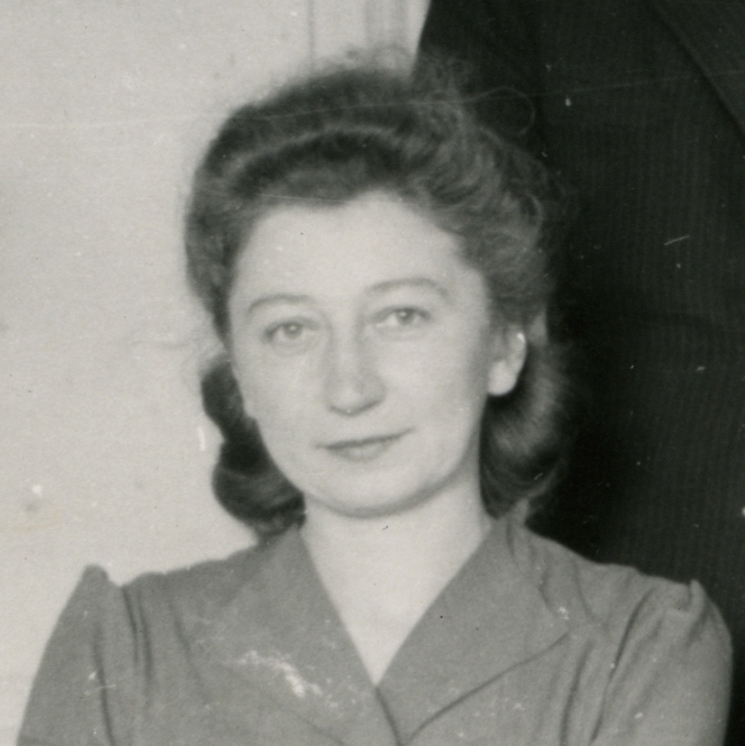
Miep Gies
This educational resource for secondary school aged students tells the story of Miep Gies, the woman who supported Anne Frank and her family when they were in hiding from the Nazis in Amsterdam.
You can download a printable version of the case study here
Miep was born over a hundred years ago in 1909, in Vienna. During World War One, when she was very young, she didn’t have enough food and as a result, Miep often became ill. In 1920 a Dutch family offered to look after her and help her get better. Miep’s parents thought that this was the best thing for her and that Holland would be a safe place for her to be.
When she was older, Miep started working for a Jewish man called Otto Frank. Otto had moved to Holland from Germany in the 1930s with his wife Edith and daughters Margot and Anne. Germany had become dangerous for Jews and Otto thought Holland would be safer.
Jewish people across Europe were being treated unfairly and were losing many of their rights. Soon it was no longer safe for Otto and his family in Amsterdam. Otto knew he had to hide his family to keep them safe. So on 6 July 1942, Otto and his family went to the upper rear rooms of his office building where he had created a hiding space for them, a secret room. As well as the Frank family, some of Otto’s Jewish friends also hid here as they needed somewhere safe to hide too. It was Miep Gies, Otto’s employee and friend who helped them stay hidden and safe for over two years. During this time, whilst hidden away, Otto’s daughter Anne kept a diary of her thoughts about what it was like for a young girl to live in one room for all that time, always living in fear.
Miep knew that if she was found helping a Jewish family, she could be arrested. She did everything possible to avoid being caught and didn’t even tell her own parents what she was doing. Miep sourced food from different places and would make several trips each day so she never had to carry more than one or two bags at a time. Sometimes she would hide other things under her coat. She avoided visiting the hiding place during office hours so that other people she worked with would not grow suspicious and those in hiding were asked to keep as quiet as possible during the day.
It was years later that Miep said:
‘They were powerless; they didn’t know where to turn… We did our duty as human beings: helping people in need.’
One morning in August 1944, Miep was sitting at her desk when she looked up and saw an officer with a gun; he had come to arrest everyone in hiding. Having been betrayed, the hiding place was found and the Franks were arrested and everyone was taken away.
Miep had been truly courageous for hiding the Franks and their friends for all of this time. This was at a great risk to herself, and it was only because the arresting officer was from her home city of Vienna, that she escaped arrest herself – because the officer was from Miep’s community she was safe.
Miep still wanted to help, she couldn’t let the Franks down now. She collected all of the money she could find and went to the police station to see if she could have Otto and his family freed – but this was without success.
When Miep visited the secret room after the arrest, she rescued Anne’s diary and locked it away, keeping it safe for Anne’s return. Of the Frank family, only Otto survived. After the war, Miep gave the unread diaries to Otto. Anne had always wanted to become a famous writer. Tragically, this only happened after she had died. It was because of Miep that Otto survived. Miep wasn’t Jewish, she just saw the Franks as friends that needed her help.
© AFS Amsterdam /AFF Basel – Reproduced by permission from the Anne Frank Trust UK